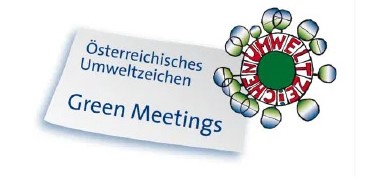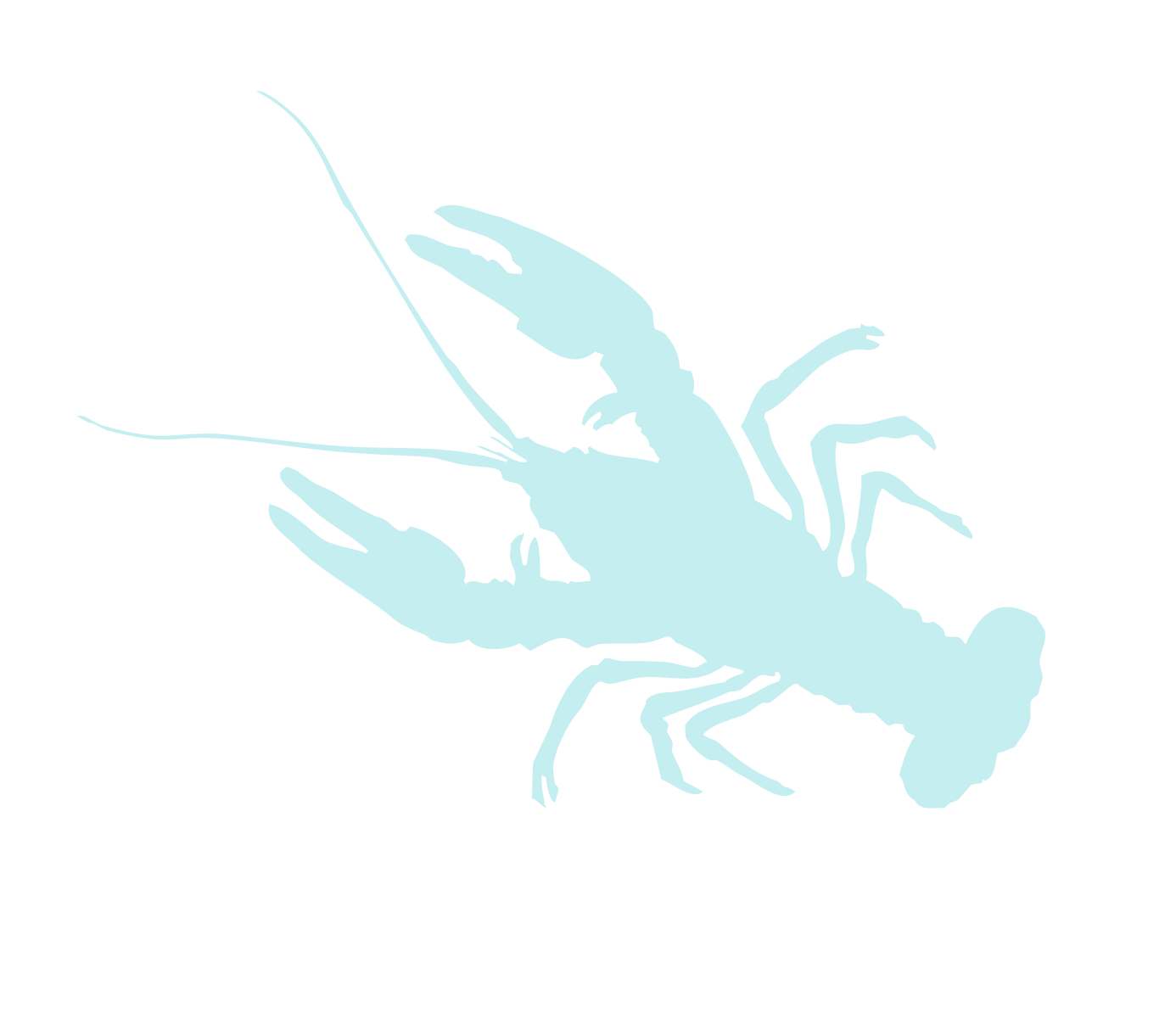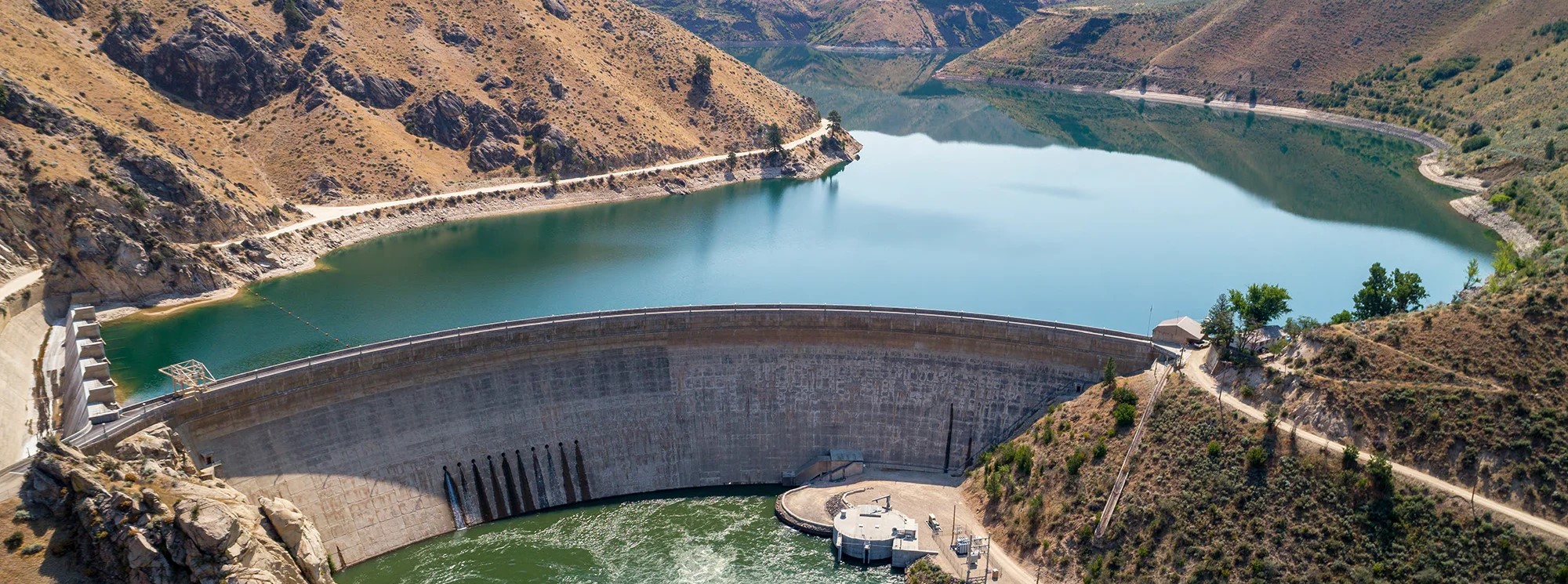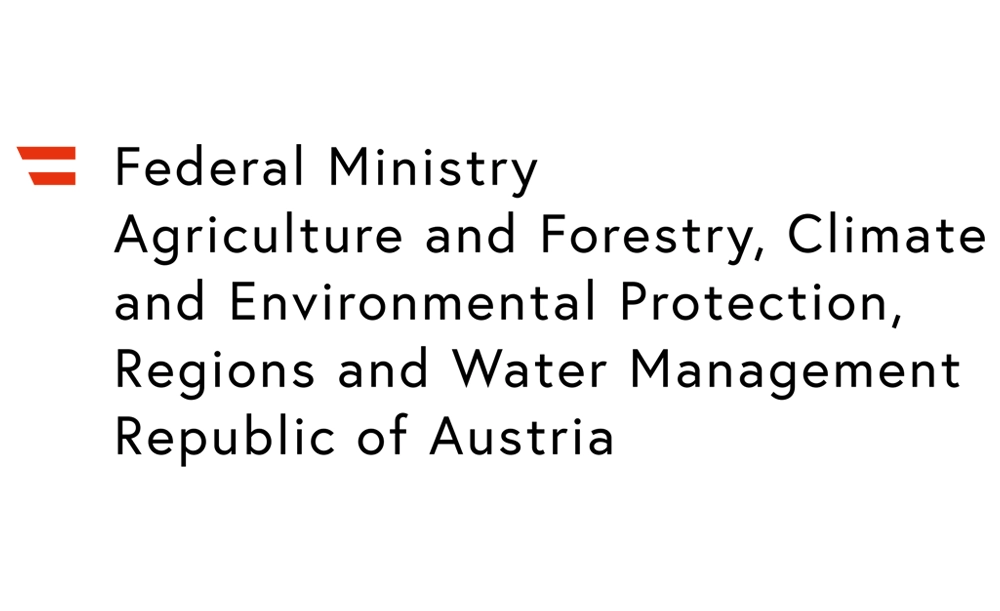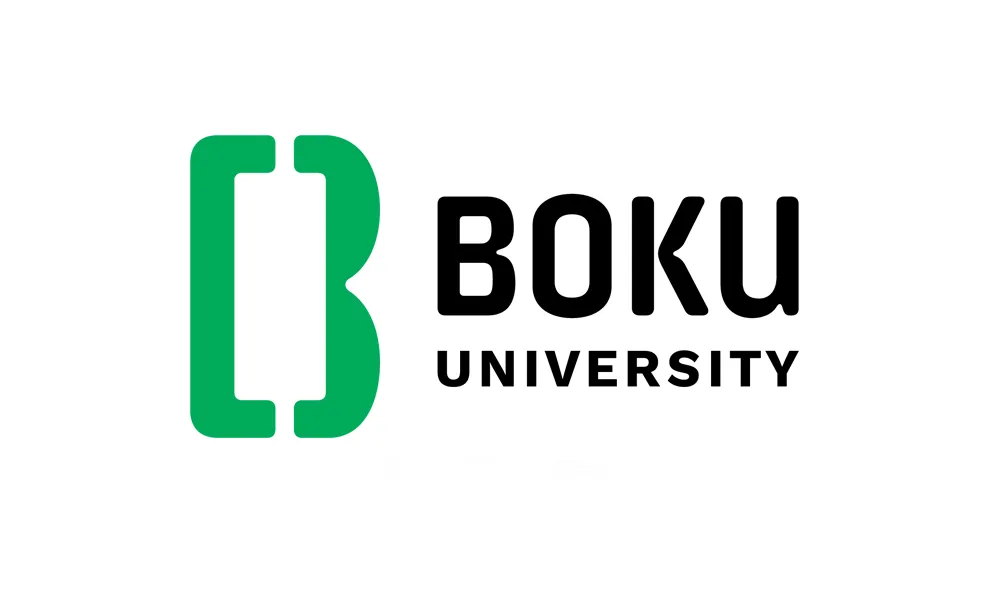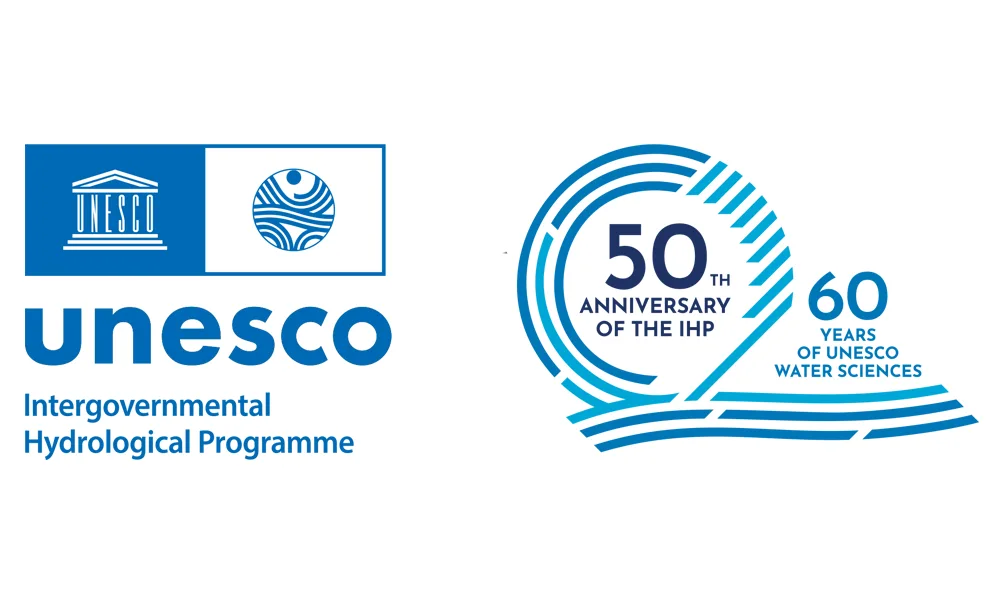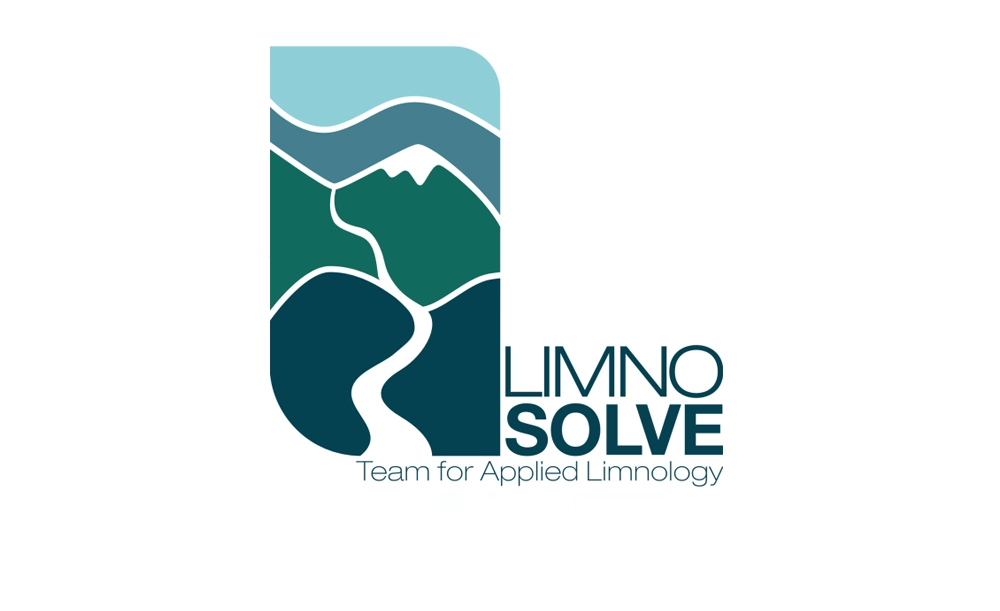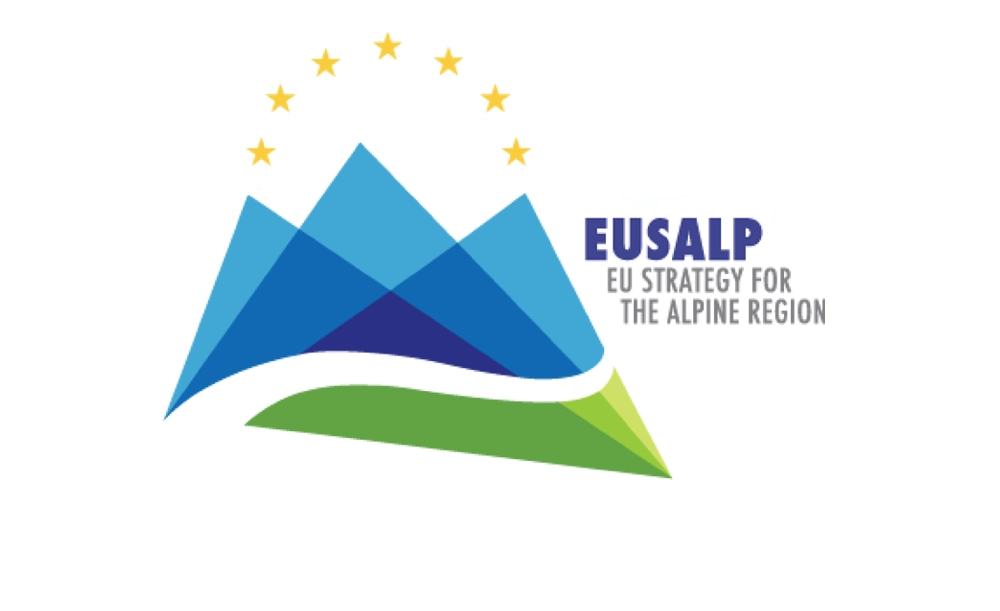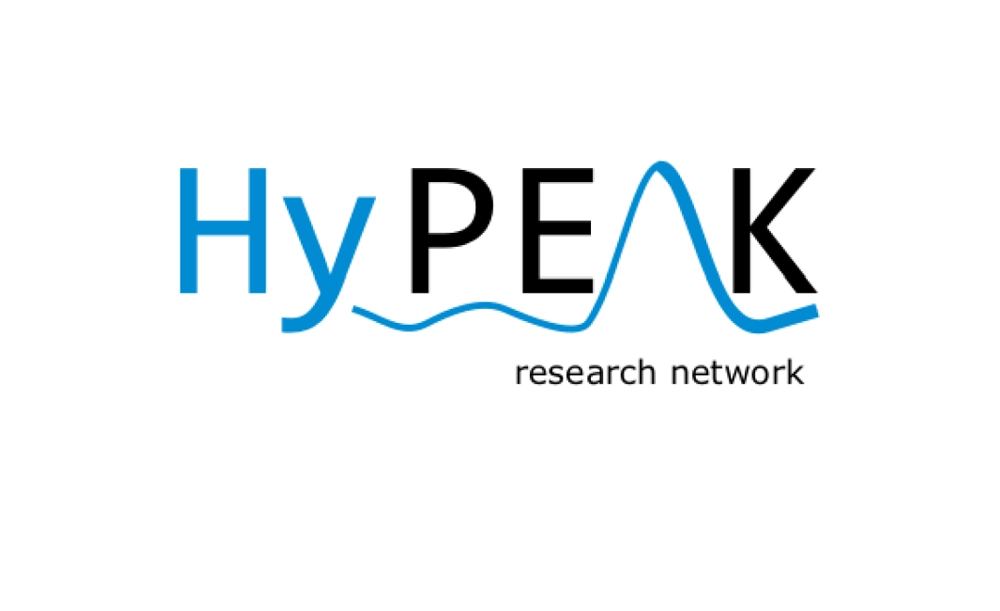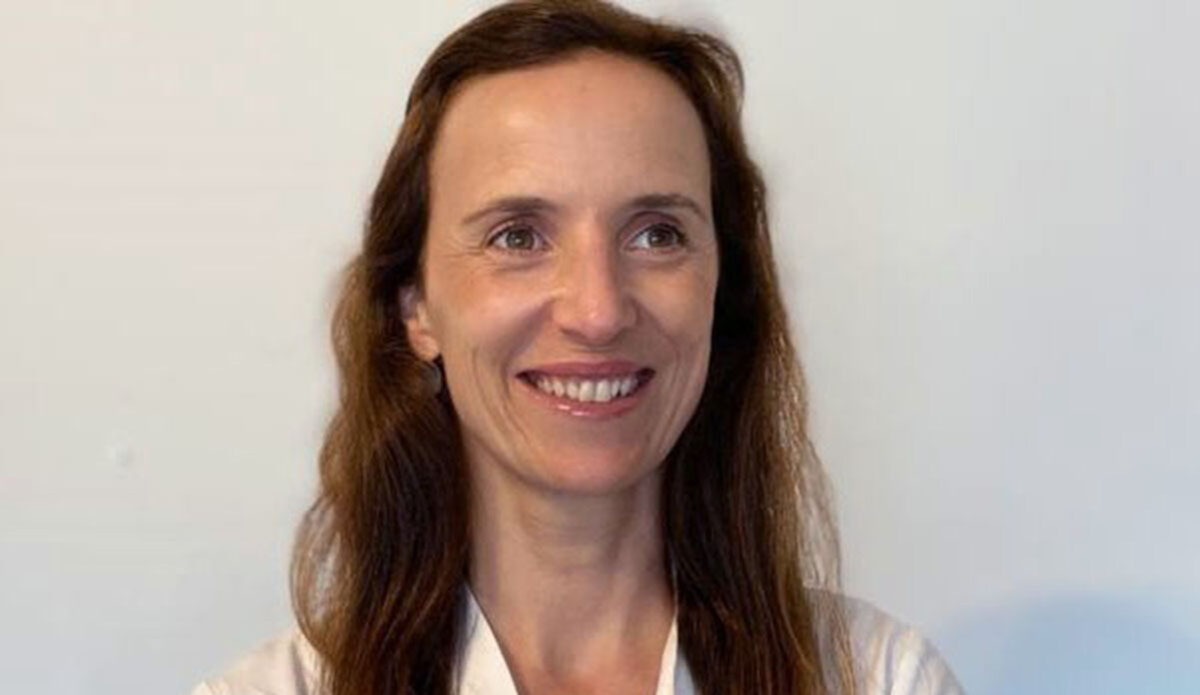
Dr. Isabel Boavida
Department of Civil Engineering, Architecture and Environment, Instituto Superior Tecnico, Universidade de Lisboa
Invited Assistant Professor and Senior Researcher
Portugal
Future challenges in hydropower’s environmental and social sustainability
Sustainable hydropower faces a complex future as it navigates environmental and social challenges. This keynote presents the key findings from the Horizon Scan on Sustainable Hydropower, a global initiative that proactively identified the most critical issues expected to shape the sector in the future. An issue was considered important if they were expected to have a significant impact on the environmental and social sustainability of hydropower in the next 5-10 years.
Using a structured Delphi process, an international team of interdisciplinary experts – from academia, conservation, policy, and industry – highlighted emerging challenges including climate change, environmental flows for biodiversity conservation, urgency of innovation in monitoring strategies, and social equitable benefits, among others. This talk explores these pressing issues, including the balance between energy security, ecosystem integrity, and social inclusion. It will also address global trends that will influence hydropower’s future. By anticipating these challenges, the sector can proactively adapt and promote a more sustainable and socially responsible hydropower development.
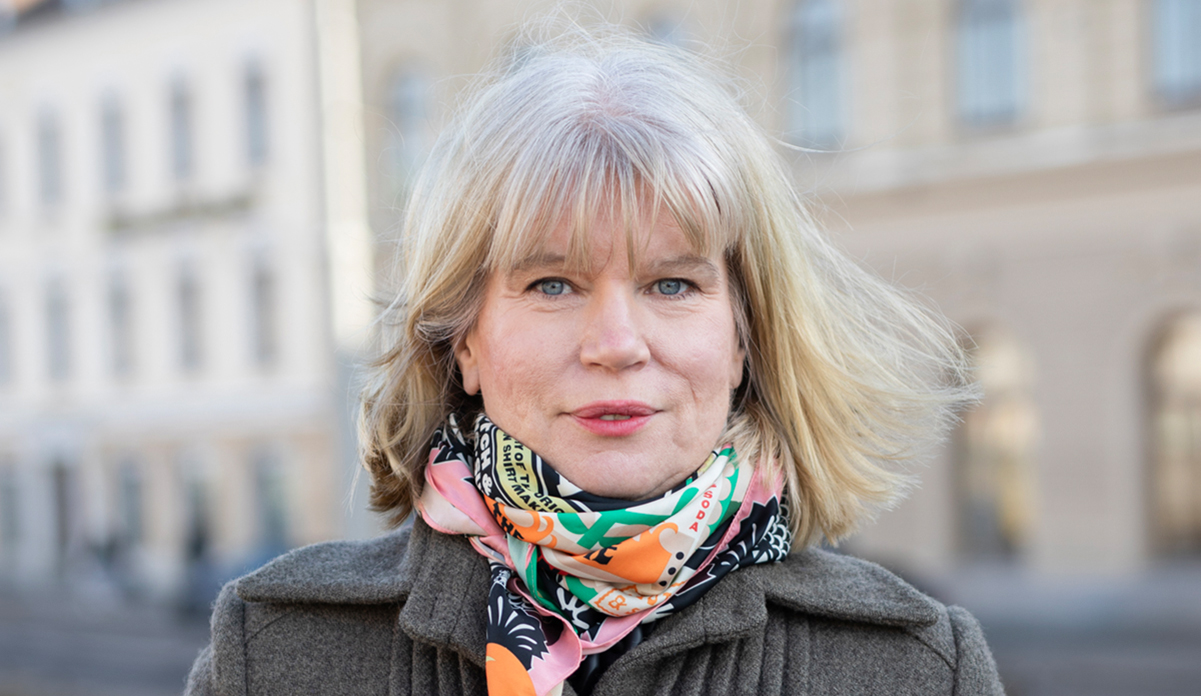
Anna Jivén
Vattenkraftens Miljöfond Sverige AB
CEO
Sweden
The Swedish Hydropower fund: from concrete barriers to common ground
Swedish hydropower is going to be modernized, in order to achieve the greatest possible benefit for both the environment and national access to electricity. Owners of hydropower plants can receive financial grants from Vattenkraftens Miljöfond (The Swedish Hydroelectric
Environmental Fund) to adapt their facilities, enabling them to continue to produce renewable energy with less impact on the environment.
With 1 billion Euro in funding and a plan covering the environmental adaption of all 2000 hydro plants in Sweden over the coming 20 years, the fund offers more than just financial resources. It will also enable and foster collaboration and dialogue between stakeholders.
In this keynote, I will tell you the story of the fund — why the owners initiated it, what the results are so far, and the anticipated outcomes for the coming two decades.
Coffee Break 1
-
Parallel Sessions
Parallel Session 1: Advances in hydro-morphological river habitat restoration
Impact of weirs and hydropower regulation on brown trout population genetics
Hybrid Modelling for Integrated River Restoration and Hydropower: A Multifunctional Cross-Structure on the Lower Salzach River
SfM-based high resolution modelling and Froude Number for describing gravel spawning sites
A Novel River Typology for Post-Glacial Rivers: A Key to Understanding Ecology, Hydropower Potential and Mitigation Measures
The Dwarf bulrush as indicator for the success of river restoration – case study at the river widening Stams-Rietz (Austria)
Reviving Europe’s Rivers: Enhancing Fish Populations through Strategic Restoration Efforts
Parallel Session 2: Innovation in fish passage technology and monitoring 2
Direct experimental comparison of white sturgeon passage through innovative and conventional turbines
Effect of brush block on the passage efficiency of Chondrostoma beysehirense in a pool-weir fish pass: ethohydraulic experiments
Long-Term Assessment of NEPTUN Electric Barriers for Fish Protection in Upstream and Downstream Migration
Assessing the risk of injury and mortality in hydropower turbines using live fish and sensors
Applied techniques for AI-based video monitoring of downstream migration in Switzerland
Monitoring Fishway Efficacy: Seasonal Usage and Bidirectional Passage in the Danube and Inn Rivers‘ Hydropower Systems
Towards Standardised Video Monitoring in Fishways: Challenges, Protocols and Ecological Relevance
Parallel Session 3: Smart hydropower
Digital Twins for Hydro Plants: A Catalyst for Sustainable Energy Solutions
Turbid Water and Human Errors: Practical Insights into Real-World ML for Fish Monitoring
Lunch Break & Buffet
-
Departure Fieldtrip 3
SUSHP 2025 will be a certified Green Meeting
The event is intended to be organized according to the criteria of the Austrian Eco-Label for Green Meetings.
